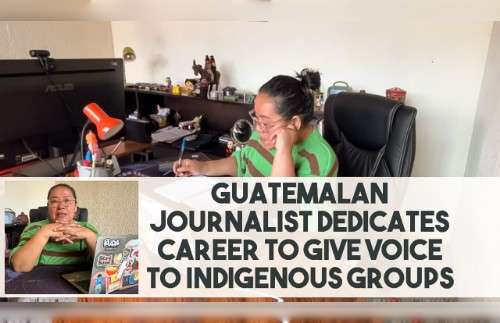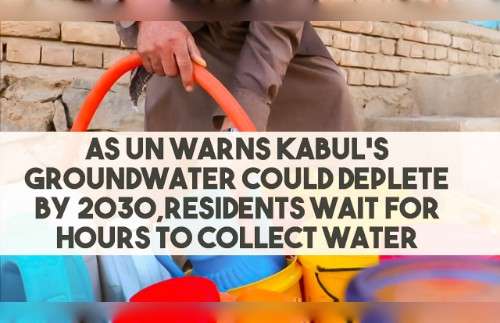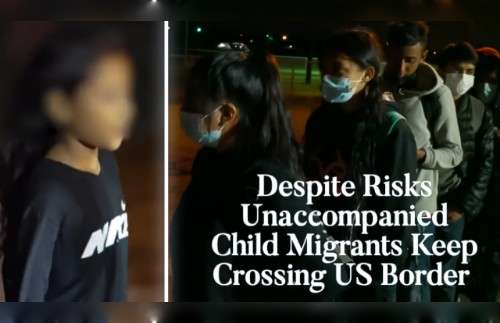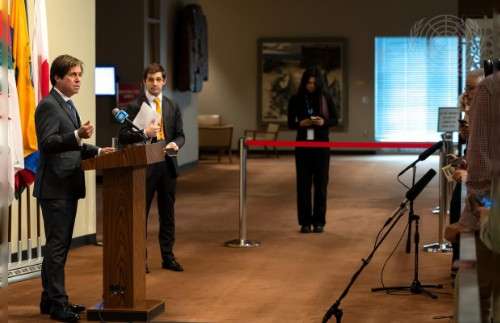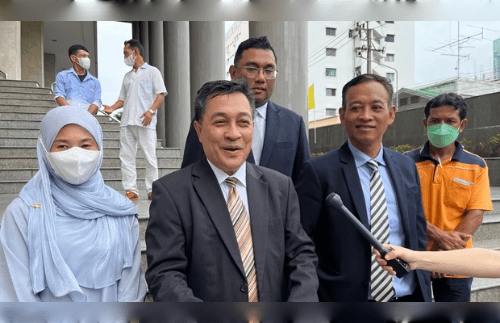The volatile security situation in Idlib has rapidly displaced nearly one million people who are also contending with harsh winter weather conditions. Families are in urgent need of life-saving humanitarian assistance as the amount of safe space for civilians across the northwest is shrinking by the day. Food prices in Idlib have risen by 120 percent.
Ma`arrat Misrin Camp was established in December 2019 after the intensification of the shelling in south Idlib and mass exodus in the area. Around 500 families are living here.
The 30-year-old Nisrine Alomar was a farmer and has been displaced seven times during the nine years of war in Syria. In December 2019, shelling forced her and her seven children to flee Saraqib (18km from Idlib city). They hid in trees until they could reach Atma camp.
WFP is the largest humanitarian organisation operating in northwest Syria. Through its partners, WFP aims to provide food assistance to all displaced people. WFP staff are working around the clock to overcome challenges in access to ensure that life-saving food reaches families most in need.
The food agency provides Ready-to-Eat rations including Hummus, Canned chicken, and vegetables, to new arrivals and a one-month ration of Wheat flour or bread, rice, bulgur, legumes, sugar, salt, oil.
In February, WFP has scaled up its general food assistance in northwest Syria through its cross-border operations via Turkey to reach 1.1 million people including 626,000 people with monthly food rations and 487,000 newly displaced people with ready-to-eat rations that are sufficient for a family of five for one week.
Due to increased bombardment, WFP’s partners have been forced to move food distribution sites closer to the Turkish border for the safety of staff and families receiving assistance. Delays in delivery and distributions have occurred as some of our partners have become displaced themselves.
Difficult winter weather conditions, road congestion and military manoeuvres are restricting the movement of trucks carrying WFP commodities. The rapid movement of people has sometimes hindered our partners’ ability to accurately track, identify and locate all displaced people in need of help.
WFP appeals to all parties to the conflict to end the fighting in Idlib and to allow people access to humanitarian assistance. A ceasefire is urgently needed to allow humanitarians to save lives.
Escalating levels of conflict have displaced nearly one million people across north-western Syria since early December, in what is now the largest wave of displacement in nearly nine years of conflict. Families have been forced to flee repeatedly from hostilities, exacerbating their vulnerability and levels of food insecurity. More than 80 percent of the displaced are women and children who are on the move in the middle of winter, with temperatures at night reaching minus 10 degrees Celsius.
WFP appeals for unrestricted access from inside Syria in order to reach all food-insecure Syrians.
In line with the Security Council Resolution 2165, WFP set up cross-border operations after the start of the crisis to reach people with food assistance. WFP has been consistent in using crossline and cross-border deliveries in accordance with humanitarian principles and in a non-political way with only one objective in mind, that of saving the lives of civilians.
The overall humanitarian situation in Syria remains dire. Families across the country face growing levels of poverty and sharply rising levels of food insecurity.
Following a protracted conflict of nine years, a deepening economic crisis has set in Syria. Increasing food and fuel prices are making it more difficult for Syrian families to access nutritious food at affordable prices. Food prices have risen massively since last year and many families now spend most of their income on food. WFP reaches 4.5 million people a month with food assistance to prevent them from slipping deeper into hunger. More than 224,000 people benefit from livelihoods programmes that improve their resilience to shocks.
WFP depends on reliable and predictable funding to maintain the lifeline of food assistance on which millions of vulnerable Syrians depend.
WFP is grateful for almost nine years of support from donors but needs substantial resources to maintain its current level of operations to ensure that the country’s most vulnerable families – including those who have been displaced by conflict – can access life-saving food assistance. Starting March, WFP will require new funding to sustain its programmes from July onwards~WFP
Guatemalan Journalist Dedicates Career to Give Voice to Indigenous Groups
North Korean women in China catch ‘Disco Fever’
Russia’s Full-Scale Invasion Pushes Ukraine’s Drive Toward Digitization
As UN Warns Kabul’s Groundwater Could Deplete by 2030,Residents Wait for Hours to Collect Water
Despite Risks,Unaccompanied Child Migrants Keep Crossing US Border
Mary Jane Veloso, a Filipina on Death Row in Indonesia,is Coming Home
Trapped in Lebanon, African Migrants Face Unemployment and Rockets
Permanent Representative of France Briefs Press After Security Council Meeting on Middle East
Subscribe Our You Tube Channel
Fighting Fake News
Fighting Lies





